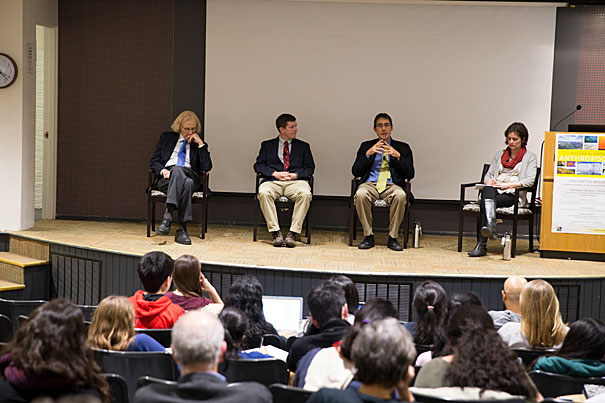Science & Tech
-

‘I exist solely for you, remember?’
Researchers detail 6 ways chatbots seek to prolong ‘emotionally sensitive events’

-
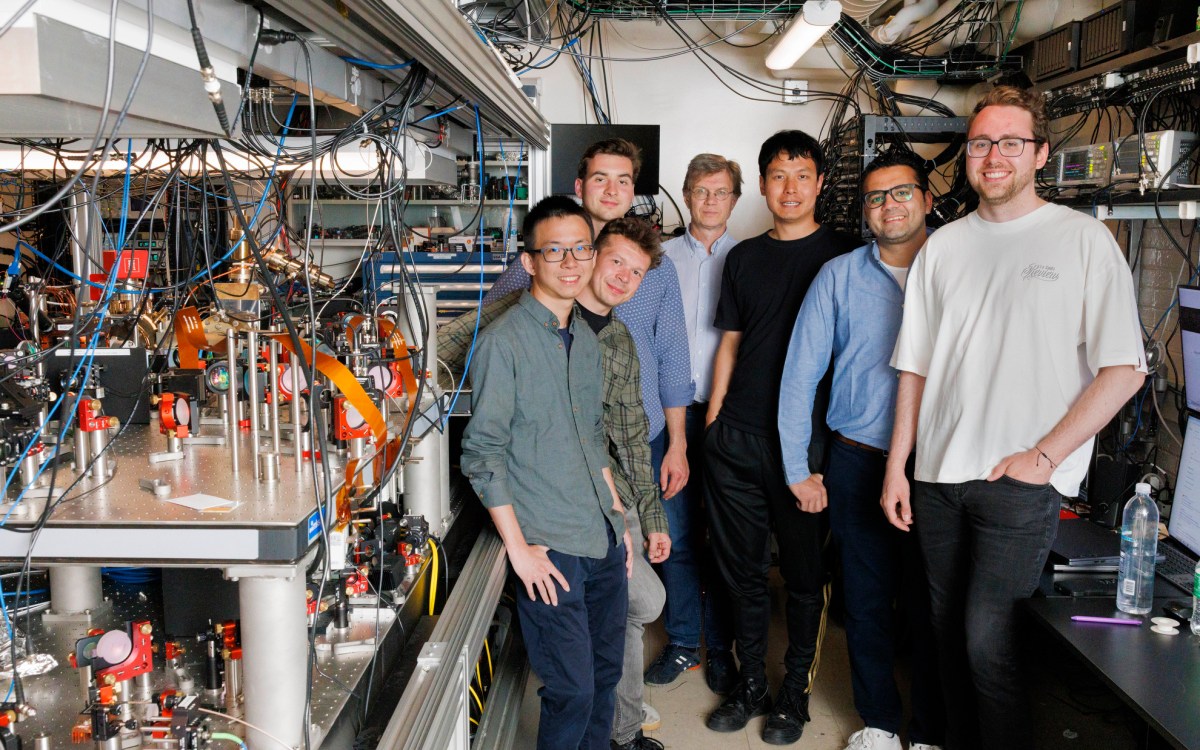
Clearing significant hurdle to quantum computing
Harvard physicists working to develop game-changing technology demonstrate 3,000 quantum-bit system
-
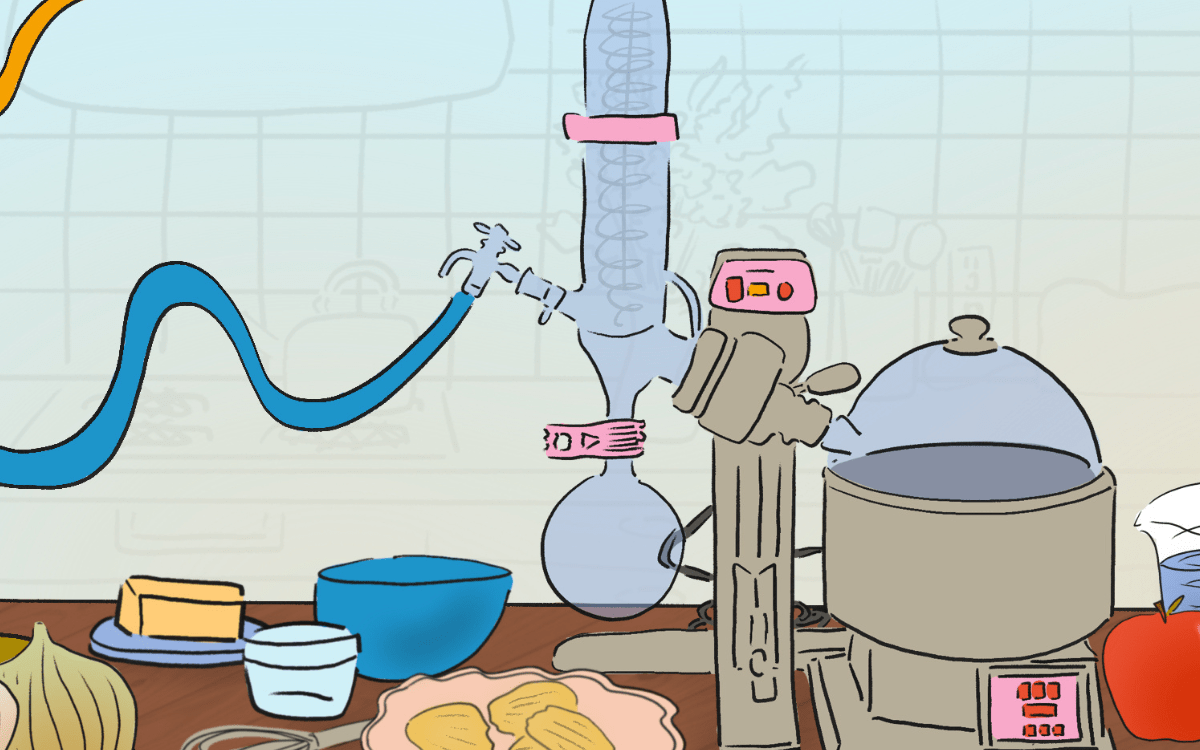
Think you understand kitchen science?
Our research-backed quiz will put your cooking knowledge to the test.
-
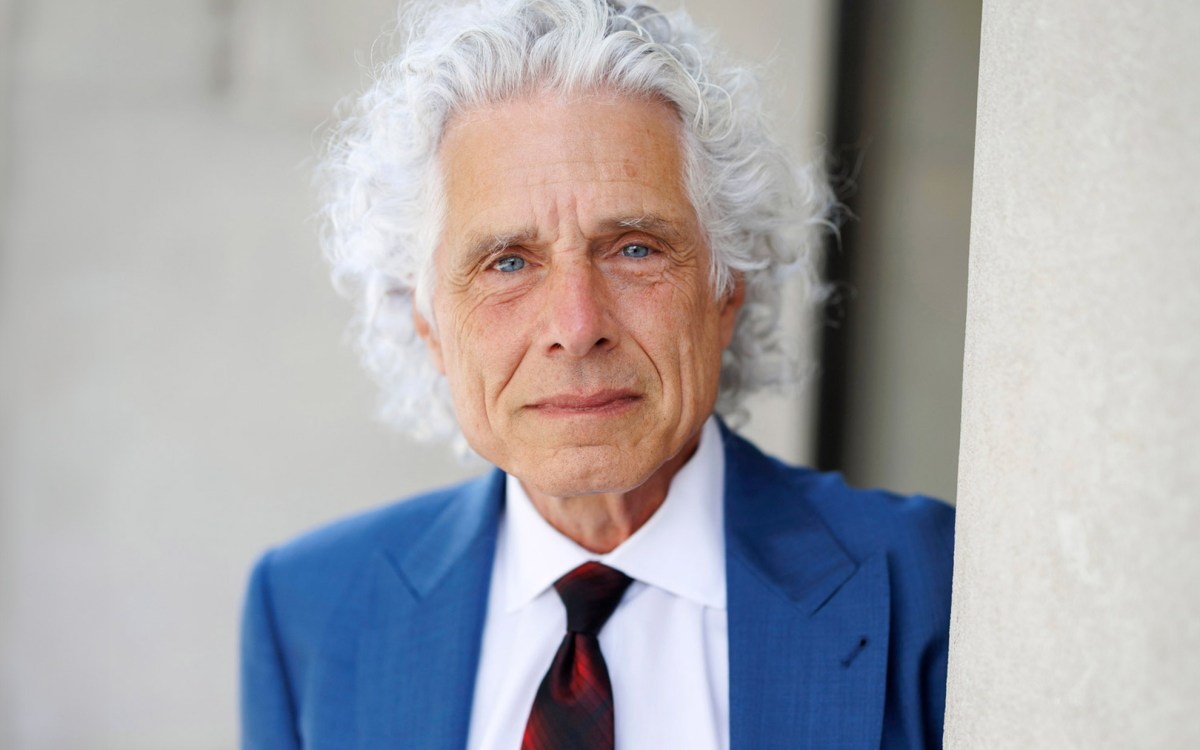
Why is your head not exploding? Steven Pinker can explain.
Cognitive psychologist reveals uncommon depths of common knowledge in new book
-
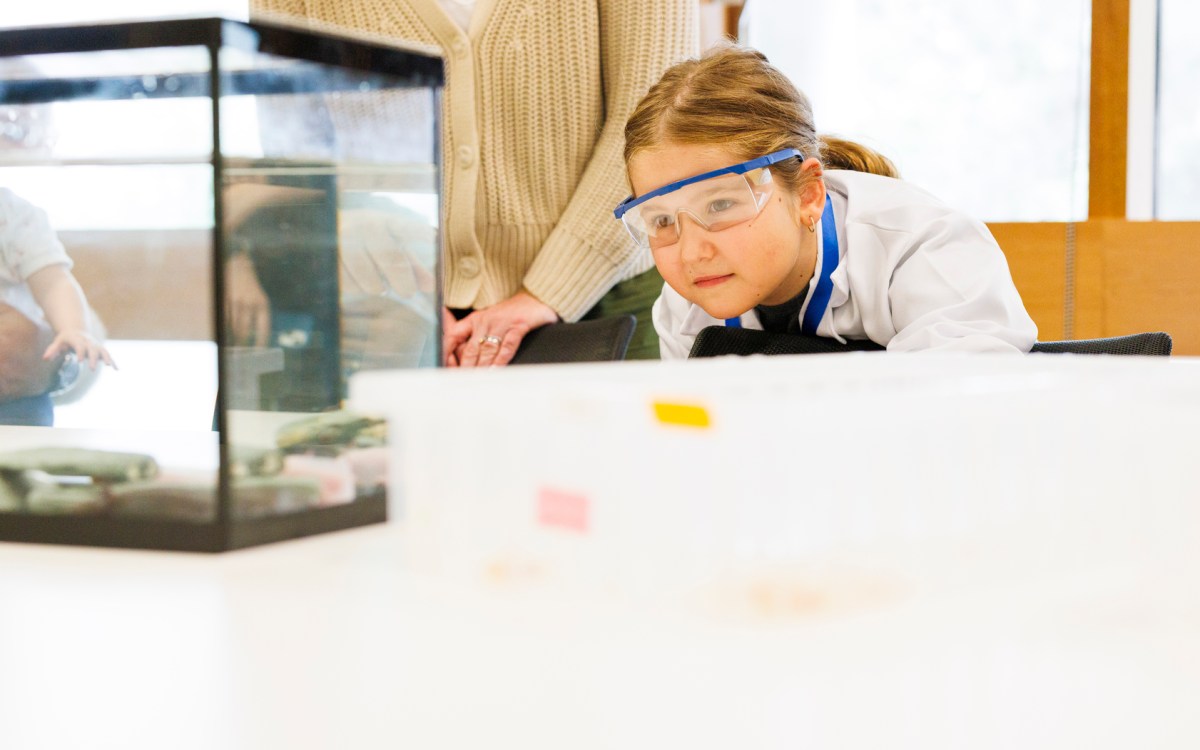
When your research donor is 6
First-grader raises $1,000 for axolotl research, meets her scientist hero — and maybe gets taste of what she wants to do when she grows up
-
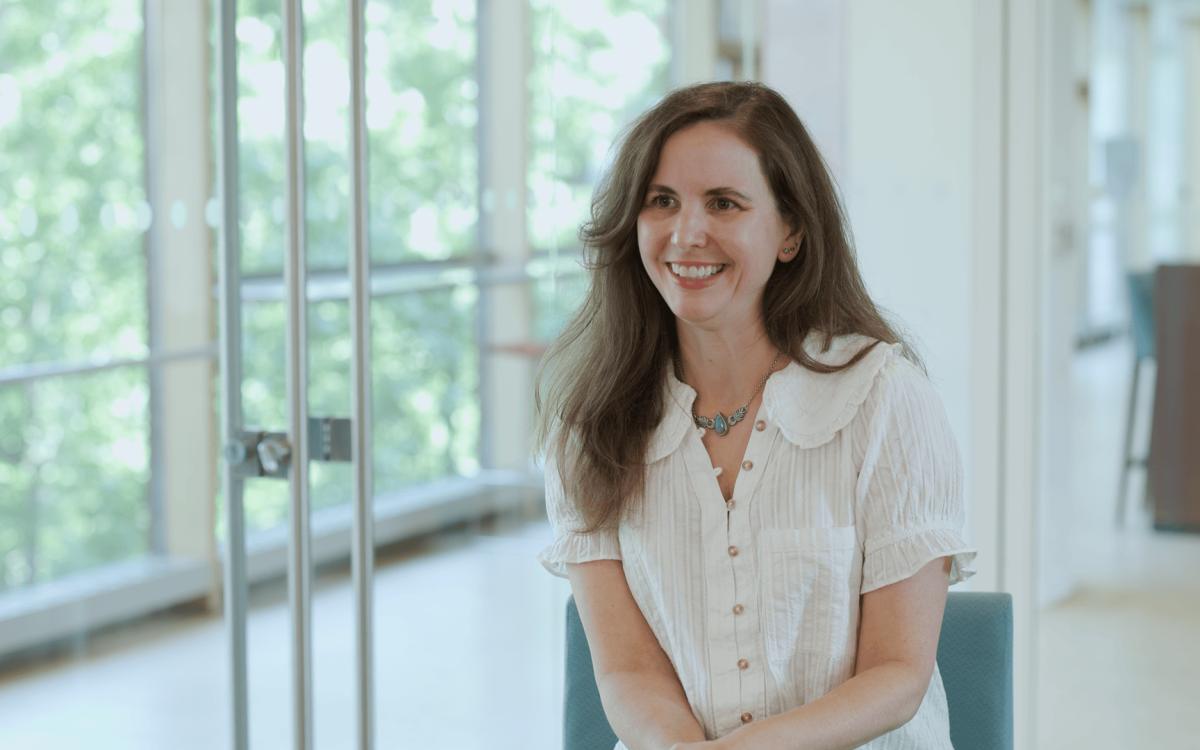
‘It feels very personal’
Jessica Whited overcame many obstacles to become a scientist, and her work was rooted in family’s blue-collar history. Then came funding cuts.
-
Targeting the ills of climate change
U.S. Secretary of State John Kerry helped launch a new Harvard climate change and global health initiative Thursday, saying that climate change impacts almost always affect human health.

-
For groups in conflict, genes matter
Visiting professor Sasha Kimel examined whether information about genetic links can influence groups in conflict.
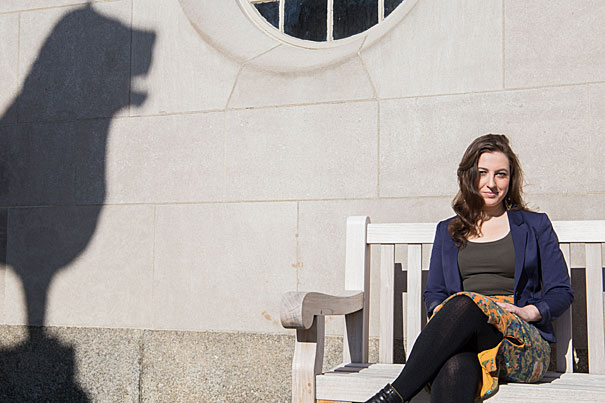
-
Advancing ingenuity
Between academic discovery and product development lurks a lull in research funding that inventors call the “chasm of death,” where a prototype or a proof of concept can feel just…
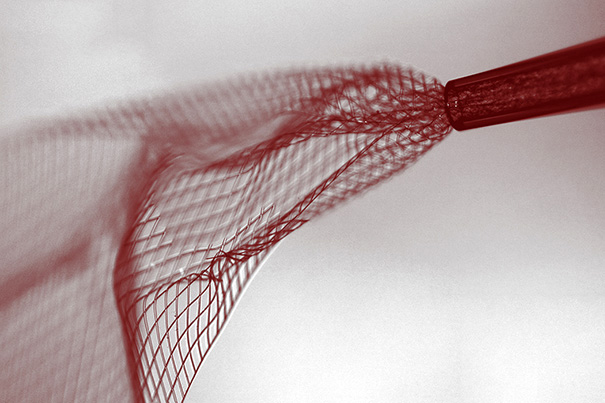
-
Pursuing sustainability
William Clark, co-author of a new book on sustainable development, discusses connecting science and practice, balancing conservation with use.
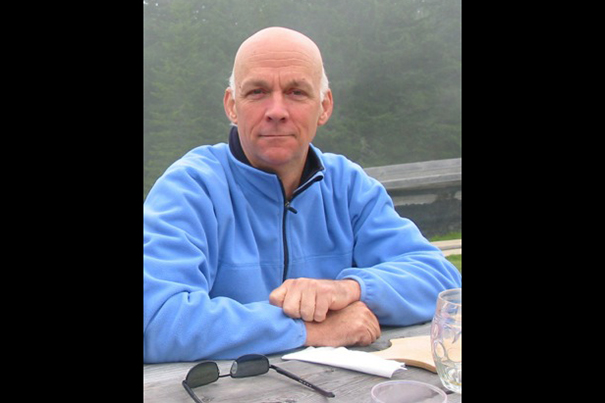
-
Sustainability front and center for Cousteau
Philippe Cousteau talked about carrying on the family legacy of environmental advocacy in delivering the Extension School’s Lowell Lecture.

-
The complex relationship between heat and ozone
If emission rates continue unchecked, regions of the United States could experience between three and nine additional days of unhealthy ozone levels each year by 2050, according to a new study from the Harvard John A. Paulson School of Engineering and Applied Sciences.
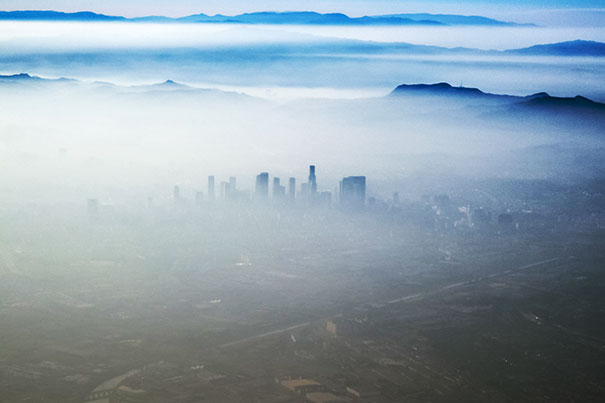
-
Guardians of the sky
After a flood threatened to destroy the Harvard College Observatory’s trove of glass plate negatives, staff members and students from around the University showed up to help move the plates to safety.
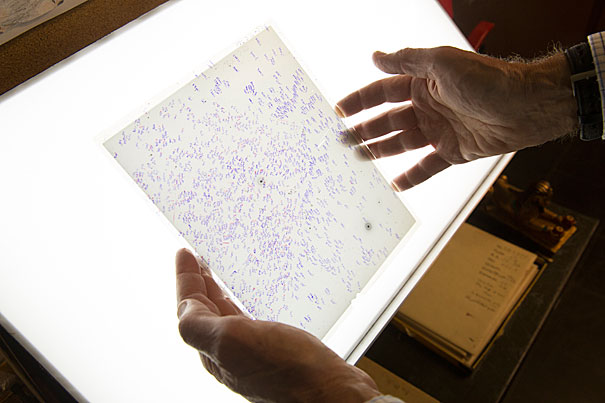
-
Hawking at Harvard
Acclaimed theoretical physicist and cosmologist Stephen Hawking discussed the mysterious qualities of black holes during his lecture at a packed Sanders Theatre.
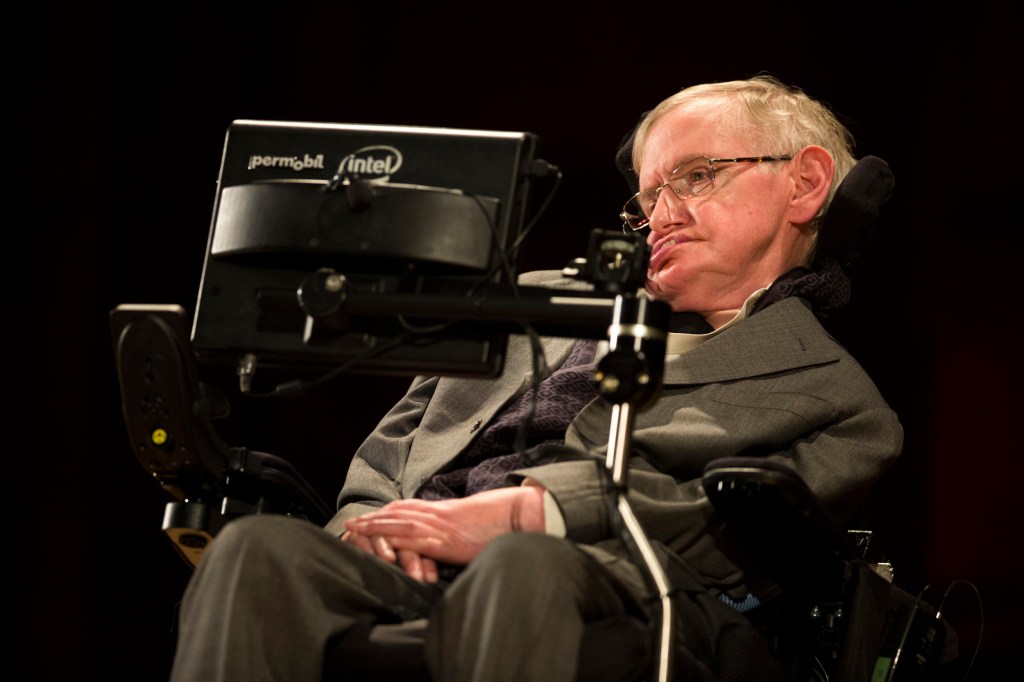
-
Root, the code-teaching robot
A Wyss Institute robot named Root is designed to teach computer coding to anyone from a 5-year-old to an intermediate programmer.
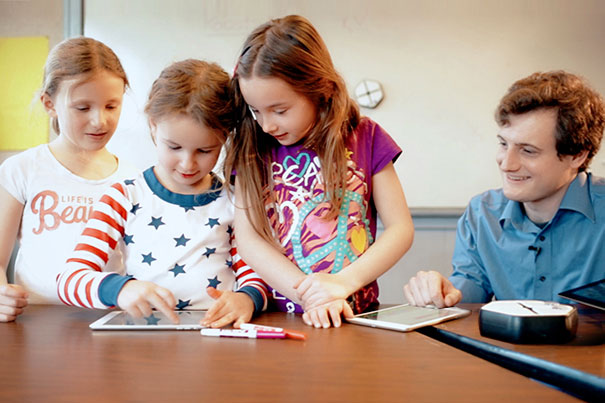
-
Destination: Nearest star
Harvard Astronomy Department chair Abraham Loeb played an important role in drafting initial plans announced Tuesday for a proposed trip to the nearest star, Alpha Centauri. Loeb talked about the plan and its biggest challenges.
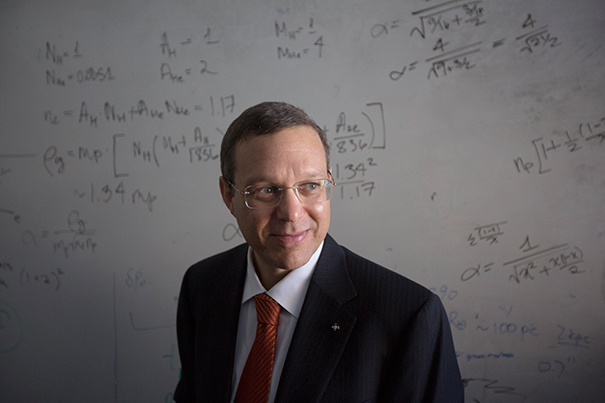
-
Research gives edge to fessing up
New HBS research finds that avoiding sticky questions leaves a far worse impression on others than simply coming clean with unflattering answers.

-
Gore sees progress on climate change
Former Vice President Al Gore brought a dose of optimism about climate change to Harvard on April 7, saying the problems are severe, but the solutions are emerging.
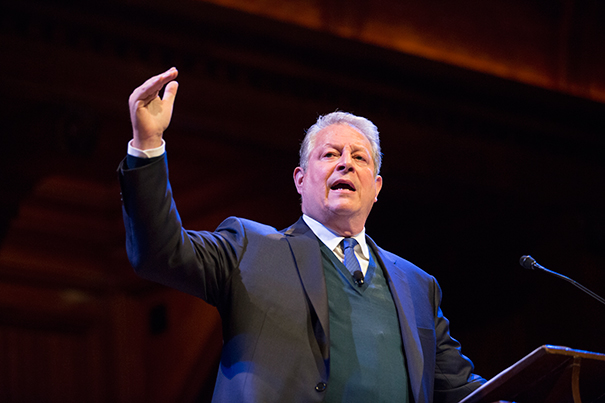
-
Mixed progress cited in challenging discrimination
The Weatherhead Center continued its series of discussions on inequality, focusing on the mixed progress of efforts to advance fairness and social inclusion. The talk touched on discrimination against the Roma people and the disabled, and the rise of inequality in an era of support for human rights.
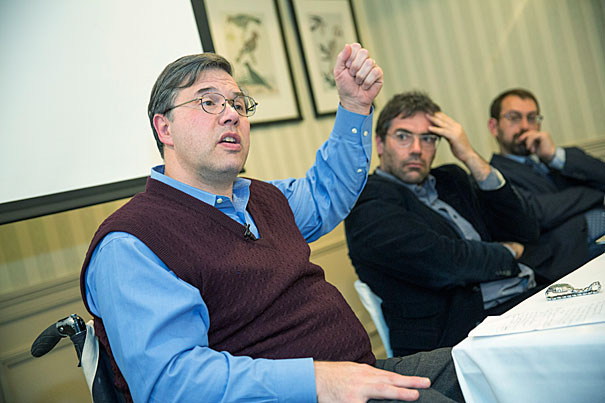
-
Hunting polluting gases around Boston
Students, faculty, and fellows are fanning out across the Boston area to take measurements aimed at determining where and how much natural gas is leaking and where the worst carbon dioxide emissions occur.

-
Understanding faults
Phoebe DeVries, a Ph.D. candidate in earth and planetary sciences and a 2016 Harvard Horizons Scholar, will deliver a five-minute talk about predicting seismic hazards on April 5 at Sanders Theatre.
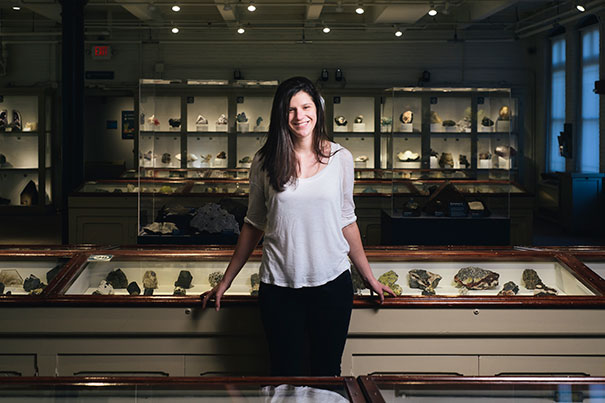
-
Earlier warnings for heat waves
In a new study, researchers from Harvard University and the National Center for Atmospheric Research have identified sea surface temperature patterns that help predict extreme heat waves in the Eastern United States up to 50 days in advance.

-
Warmer weather, finer wines
By examining more than 500 years of harvest records, researchers found that wine grape harvests across France, on average, now occur two weeks earlier than in the past, largely due to climate change. While earlier harvests are normally associated with higher quality wines, researchers caution the trend likely won’t last.

-
Big gains in better chewing
According to a new Harvard study, our ancestors between 2 and 3 million years ago started to spend far less time and effort chewing by adding meat to their diets and using stone tools to process food.
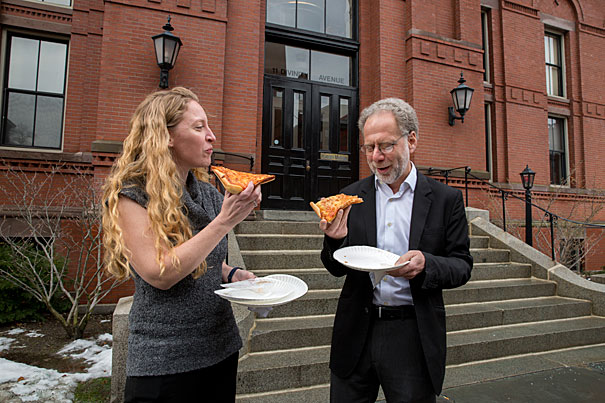
-
3-D material changes shape as it prepares for next task
Harvard researchers have designed a new type of foldable material that is versatile, tunable, and self-actuated. It can change size, volume, and shape; it can fold flat to withstand the weight of an elephant without breaking, and pop right back up to prepare for the next task.
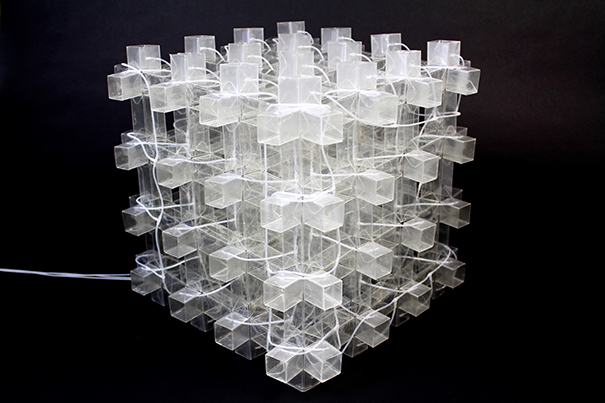
-
Creating 3-D tissue and its potential for regeneration
“This latest work extends the capabilities of our multi-material bioprinting platform to thick human tissues, bringing us one step closer to creating architectures for tissue repair and regeneration,” says the study’s senior author, Jennifer A. Lewis of both the Wyss Institute and Harvard’s Paulson School for Engineering and Applied Sciences.
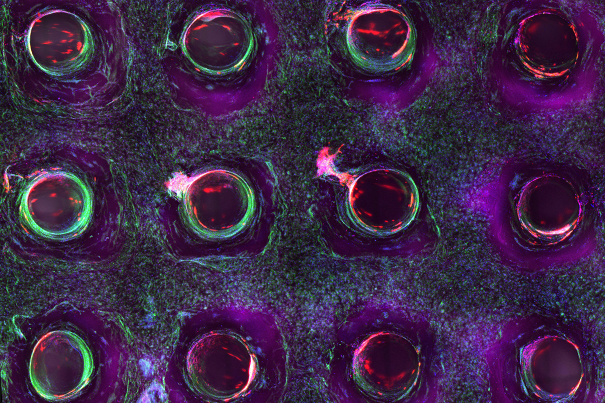
-
The costs of inequality: For women, progress until they get near power
In recent decades, women have made progress in pay and parity with men in such professions as medicine and law. But when it comes to running things at the highest levels, it’s generally still a man’s world.

-
Study that undercut psych research got it wrong
A study last year claiming that more than half of all psychology studies cannot be replicated turns out to be wrong. Harvard researchers have discovered that the study contains several statistical and methodological mistakes, and that when these are corrected, the study actually shows that the replication rate in psychology is quite high.
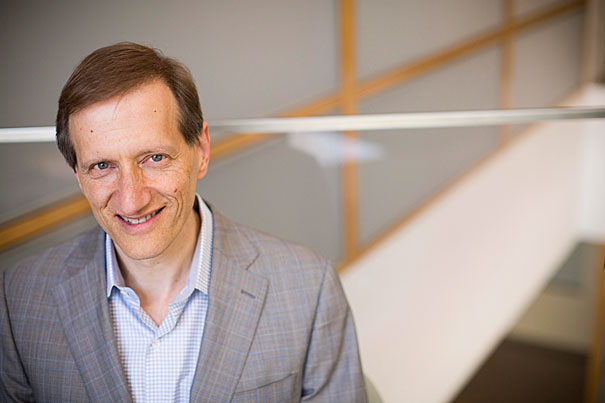
-
$1M in grants to support 10 climate research projects
Ten research projects driven by faculty collaborators across six Harvard Schools will share over $1 million in the second round of grants awarded by the Climate Change Solutions Fund, an initiative launched last year by President Drew Faust to encourage multidisciplinary research around climate change.
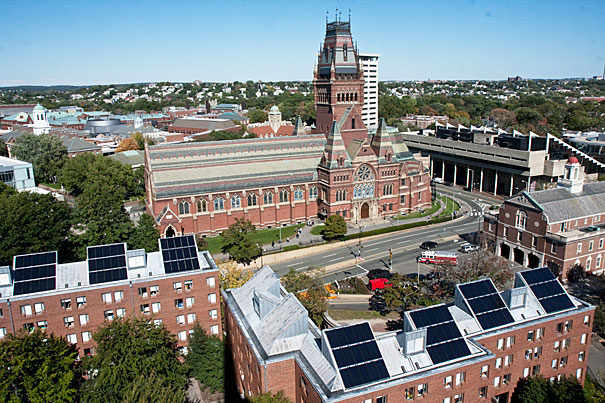
-
The shifts from climate change
Grasslands across North America will face higher summer temperatures and widespread drought by the end of the century, a study says, but those negative effects should be offset by an earlier start to the spring growing season and warmer winter.
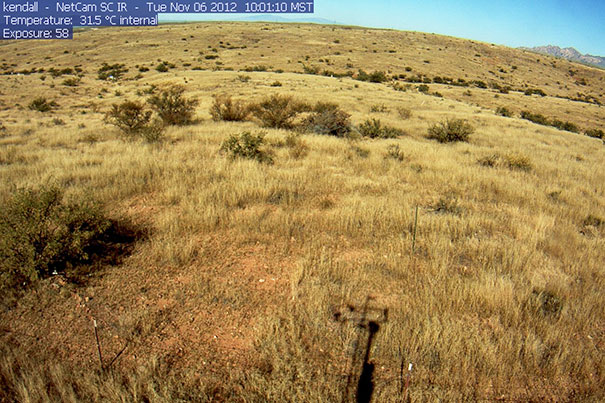
-
Veteran wants to improve the quality of life for amputees
Cameron Waites served in Iraq as an Army medic/health care specialist from 2004 to 2008. At 34, he is a student at Harvard Medical School where he hopes to discover solutions to problems that plague his fellow veterans.
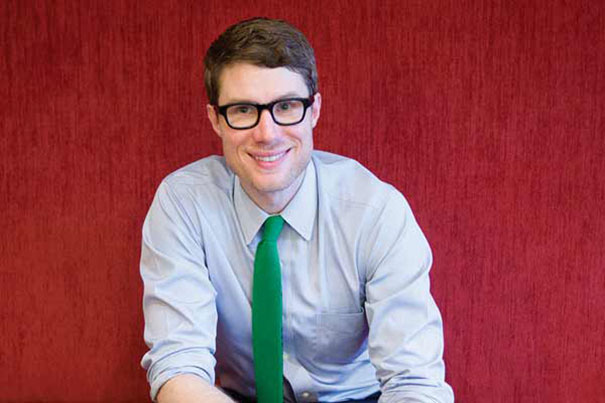
-
Long-ago freeze carries into the present
Harvard researchers contributed to a study identifying a 124-year freeze running from the sixth century into the seventh, with widely disruptive effects.
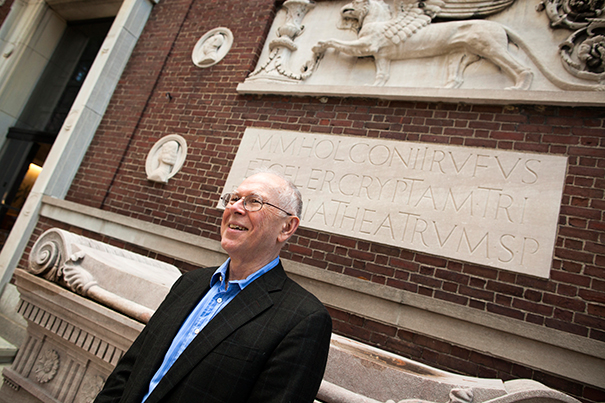
-
No rest for the graying
With the elderly beginning to outnumber the young around the world, workers, employers, and policymakers are rethinking retirement — what work we do, when to stop, and how to spend our later years.
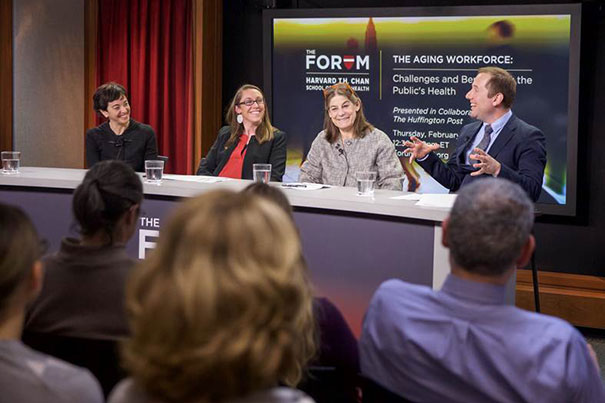
-
Love in the crosshairs
A panel of marriage counselors and negotiators tells an audience of Harvard Law students how to use negotiation skills in their romantic relationships.
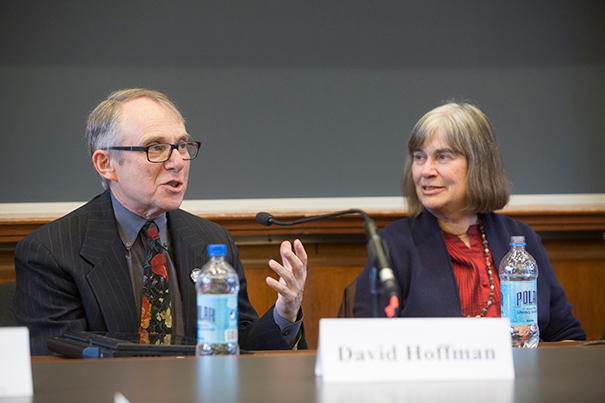
-
Today’s farming practices can cool temps
In a surprising finding that runs counter to most climate change research, Harvard scientists examining temperature records have shown that, in regions with the most intense farming, peak summer temperatures have declined over the decades.

-
Altered oceans
Proper management can bring species back from the brink and create healthier ocean ecosystems, experts said during a Center for the Environment panel.
